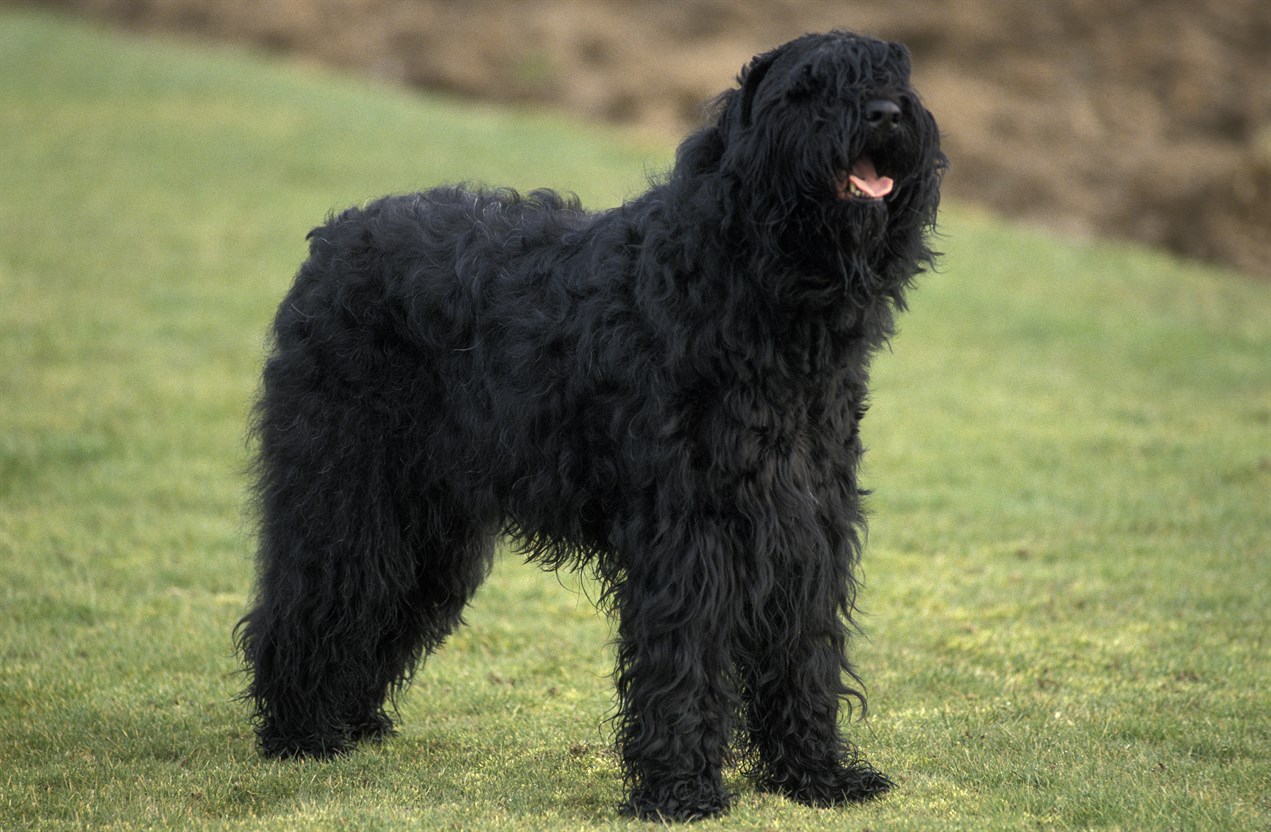Feeding Habits and Food Requirements of the Black Russian Terrier: Fueling a Healthy Canine Companion

Proper nutrition is vital for the health and well-being of your Black Russian Terrier (BRT). Understanding their feeding habits and dietary requirements can help ensure they receive the right nutrition to thrive.
BRTs have different dietary needs at various stages of their life:
- Puppy Stage: During puppyhood, BRTs require a diet formulated for growth. High-quality puppy food provides the essential nutrients they need to develop strong muscles, bones, and a healthy immune system. Puppies typically need more frequent meals throughout the day.
- Adult Stage: As adults, BRTs can transition to an adult dog food formula. Ensure the food meets their specific breed size and activity level. Most BRTs do well with two meals per day, but individual needs may vary.
- Senior Stage: As BRTs age, their metabolism may slow down, and their dietary requirements may change. Senior dog food formulas are designed to address the needs of older dogs, including joint health and weight management.
High-Quality Dog Food
Choose a high-quality commercial dog food that meets the nutritional standards established by organisations such as the Association of American Feed Control Officials (AAFCO) or your country's equivalent regulatory body. Look for foods that list a source of animal protein as the first ingredient and avoid foods with excessive fillers or artificial additives.
Portion Control
Avoid overfeeding your BRT to prevent obesity, which can lead to health problems. Follow the feeding guidelines provided on the dog food packaging, but be prepared to adjust portion sizes based on your individual dog's activity level and metabolism. Consult your veterinarian for personalised feeding recommendations.
Fresh Water
Provide access to clean, fresh water at all times. Proper hydration is essential for your BRT's overall health and digestion.
Protein and Fat
BRTs benefit from diets that contain moderate levels of high-quality animal protein and moderate fat content. These macronutrients provide the energy needed for their active lifestyles.
Avoid Table Scraps
Resist the temptation to feed your BRT table scraps or human food. Many human foods can be harmful to dogs and may lead to digestive issues or other health problems.
Allergies and Food Sensitivities
Be aware of any food allergies or sensitivities your BRT may have. Common allergens in dog food include grains, chicken, beef, and dairy. If you suspect your dog has food allergies or sensitivities, consult your veterinarian for guidance on an appropriate diet.
Regular Vet Checkups
Regular veterinary checkups are essential to monitor your BRT's overall health and nutritional needs. Your vet can help you choose the right diet, address any dietary concerns, and ensure your dog maintains a healthy weight.
In conclusion, providing your Black Russian Terrier with a balanced, age-appropriate diet is essential for their health and longevity. Understanding their feeding habits and dietary requirements, choosing high-quality dog food, practising portion control, and monitoring their overall health through regular vet checkups will help ensure your BRT enjoys a healthy and fulfilling life.
Black Russian Terrier puppies for sale
- Find Black Russian Terrier puppies for sale in ACT
- Find Black Russian Terrier puppies for sale in NSW
- Find Black Russian Terrier puppies for sale in NT
- Find Black Russian Terrier puppies for sale in QLD
- Find Black Russian Terrier puppies for sale in SA
- Find Black Russian Terrier puppies for sale in TAS
- Find Black Russian Terrier puppies for sale in VIC
- Find Black Russian Terrier puppies for sale in WA